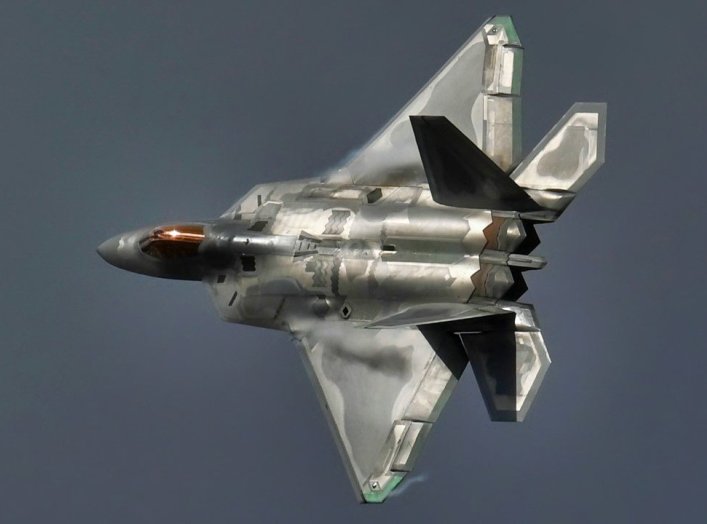If Congress wants to counter China’s modernization threat, it needs to restore that trust and invest in America’s defense companies, workforce and supply chain.
It’s a new year, but the same old conversations are consuming Washington. With the global security situation worsening, Congress is fighting yet another battle over government funding. They reached a topline budget deal, but whether the bulk of Congress goes along with this proposal remains to be seen. While Washington weighs bad options, like short-term funding measures, critical national security programs are delayed, and the U.S. economy risks destabilization.
The only path that allows the United States to maintain its global strength and continue outpacing China is to fully fund the federal government, especially one of our most important strategic assets: the defense industrial base.
No other country has a defense industrial base with the innovation, infrastructure, and workforce like the United States does: it is a critical deterrent to our enemies. But that leadership did not happen overnight, and it has taken decades of policy and investment to shape the defense industrial base into what it is today: positioned for peacetime.
The past two years have given Americans a front row seat to how our defense industry would be put to the test in a time of war. Between the Russian invasion of Ukraine, and a hot conflict in the Middle East, if we were to ask our defense companies to also tackle an escalation in the Indo-Pacific, current federal funding would be insufficient to enable ramping up production quickly.
Meanwhile China is playing a better long game than we are. They have doubled their defense budget over the last decade alone, making them the second-largest military spender in the world. And while China’s lack of transparency means we do not know exactly how they are spending this money; we do know they are leapfrogging us in technologies like hypersonic missiles and shipbuilding capabilities.
And on top of this military spending, China is on track to surpass us in in novel technologies like artificial intelligence and quantum computing, as well as the infrastructure that supports this research and development. China can harness its entire communist economy to build its workforce and maintain its supply chain, while here in the U.S., we are just starting to secure our supply chain and address talent shortages, especially in key areas like science and engineering.
Yet Congress appears to be distracted. They are also ignoring other economic realities like inflation, which is steadily reducing the Pentagon’s buying power by billions. Every day we fail to fund the government, we risk being forced to make sacrifices down the road, when we will not be able to afford the technology needed to defeat our enemies, or do not have the infrastructure and workforce needed to build equipment. A lack of responsible, stable funding is going to put us dangerously behind.
This prolonged debate over the 2024 budget, when we are already months into the fiscal year, is harmful to our overall security goals. Top U.S. security officials in the Administration and Congress have been warning for years of the dire consequences stemming from unstable and insufficient defense budgets, and here we are again. “China doesn’t become less aggressive or Russia less revanchist or Iran less extreme because our military is shrunk. In fact, the opposite is true. They grow more ambitious and dangerous,” said U.S. Sen. Tom Cotton this summer.
Instead, we need to provide stable defense funding, as the country’s senior-most military officer, General Charles Q. Brown, called for in November, saying “the consistent steady funding and predictable funding is what actually helps us to ensure we are going to have the capacity not just for today, but into the future as well.”
When I speak to American aerospace companies, their number one request of the federal government is stability. If Congress wants them to build it, they need faith that Congress will come up with the funding. Right now, that confidence is shaken.
If Congress wants to counter China’s modernization threat, it needs to restore that trust and invest in America’s defense companies, workforce and supply chain. Congress has always found a path forward on its most basic constitutional duty: funding the federal government. At this pivotal point, we hope they will do so again. To fail to meet this moment and to allow China to gain further traction against us would be a mistake with lasting repercussions.



